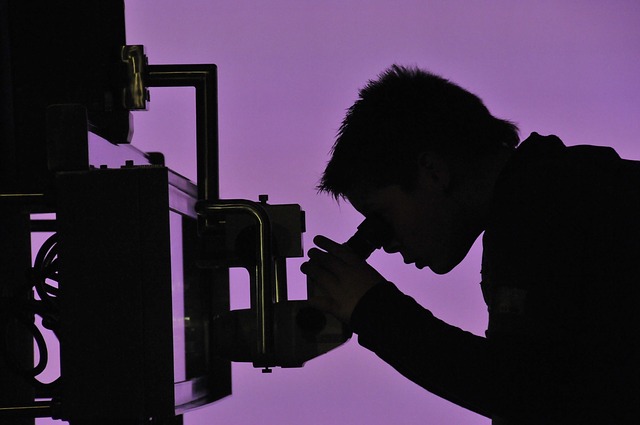READ: What is Medical Forensics?
Why is this course called Medical Forensics?
You are probably wondering why this course is called "Medical Forensics" rather than just "Forensics" or "Forensic Science". Before you can understand what medical forensics is, we need to pin down exactly what forensic science is. Forensic science is the process of gathering and analyzing evidence related to crimes for legal purposes. This means that a large group of professionals work together to find, preserve, and analyze evidence left at crime scenes. The evidence and the analysis can then be used as part of a case in a court of law. The end goal of forensic science is to correctly analyze evidence in order to convict the correct person, or people, who are guilty of committing a crime.
The group of professionals mentioned above is comprised of many different people. Police officers, field investigators, laboratory scientists, psychologists, and other scientists are routinely involved in investigations. Many other professionals from other fields are also used on an as-needed basis. We will be learning more about specific specialties in forensics as we go through the course this year.

Now to get to the point, why is this course called "Medical" forensics? Many of the different specialties involved in forensics require some medical knowledge. One of the most obvious professions in forensics that requires a lot of medical knowledge is that of a medical examiner. Medical examiners are usually required to have a medical degree. Often they are trained in pathology, which is the study of disease and helps them determine the cause of death. Another profession that is often involved in forensics is psychology. Psychologists may be called in to analyze the actions and the mental state of a suspect. They must have extensive knowledge of how the brain functions.
Many types of evidence require medical knowledge in order to be correctly analyzed. Some examples of these types of evidence would be DNA, blood, other bodily fluids, bones, poisons, toxins, drugs, hair, and other tissues. Many of the types of evidence and professions that we will discuss in this course will involve learning some type of medical knowledge. This is why the course is called medical forensics.
Not everything in the course will be medically related. We will also cover topics such as crime scene processing, crime lab organization, fingerprinting, firearms, arson, and trace evidence. By the end of this course you should have a good idea of how all of the specialties in forensic science work together and how evidence is found and processed for use in a trial.
After you have completed this part of the lesson, you can check the associated box on the main course page to mark it as complete